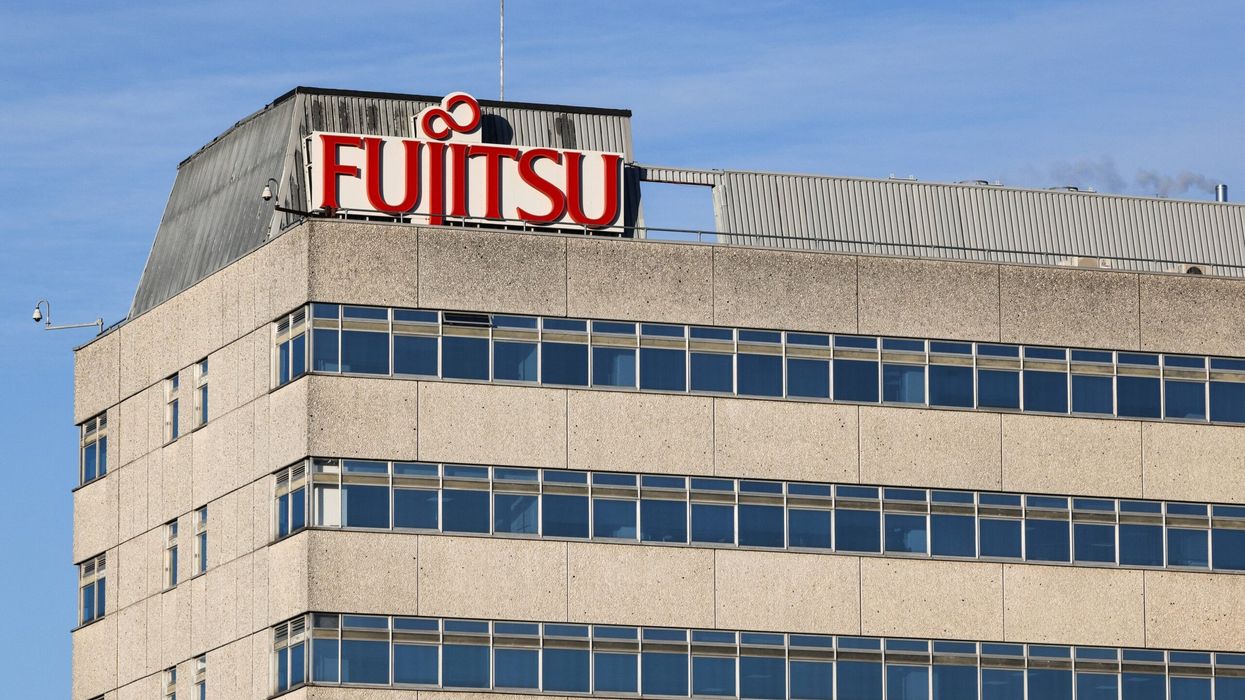Virat Kohli has been at the receiving end of a lot of criticism over his heated exchanges with Australian captain Tim Paine, with former Australian paceman Mitchell Johnson calling the Indian player "disrespectful" and "silly."
Kohli and Paine exchanged heated words during the game and at one point the umpire had to intervene.
Criticising Kohli's behaviour, Johnson said the cricketer's antics were unnecessary.
"At the end of the match, you should be able to look each other in the eyes, shake hands and say 'great contest'," he wrote in a column for Fox Sports.
"Virat Kohli could not do that with Tim Paine, shaking the Australian captain's hand but barely making eye contact with him. To me, that is disrespectful.
"Kohli gets away with more than most cricketers simply because he is Virat Kohli and he gets placed on a pedestal but this Test left the Indian captain looking silly," he added.
Both Kohli and Paine had downplayed their verbal attacks, with Kohli calling it banter that was part and parcel of the game.
“Stump mics and cameras… these things are totally irrelevant,” he said. “It stays on the field.”
"As long as there is no swearing the line doesn't get crossed. And no personal attacks," he said.
Paine echoed similar sentiments, saying his sparring with Kohli did not get out of hand.
“It was a highly competitive Test match from both teams and there was a lot on the line, with both teams desperately wanting to win,” Paine said.
“It (Kohli’s behaviour) was not (worrying) to me, I love it and I’m sure it was great to watch.”











